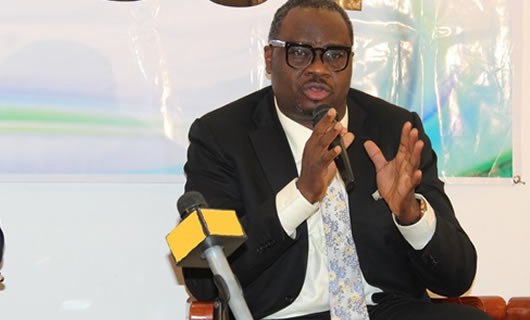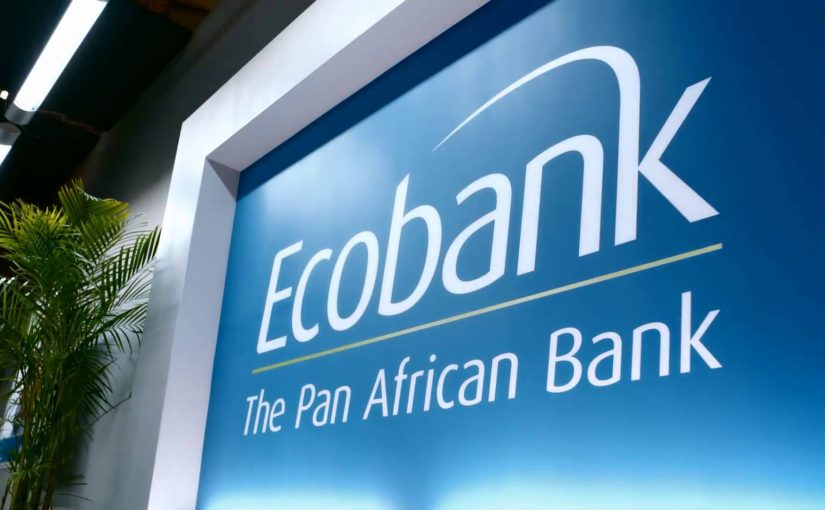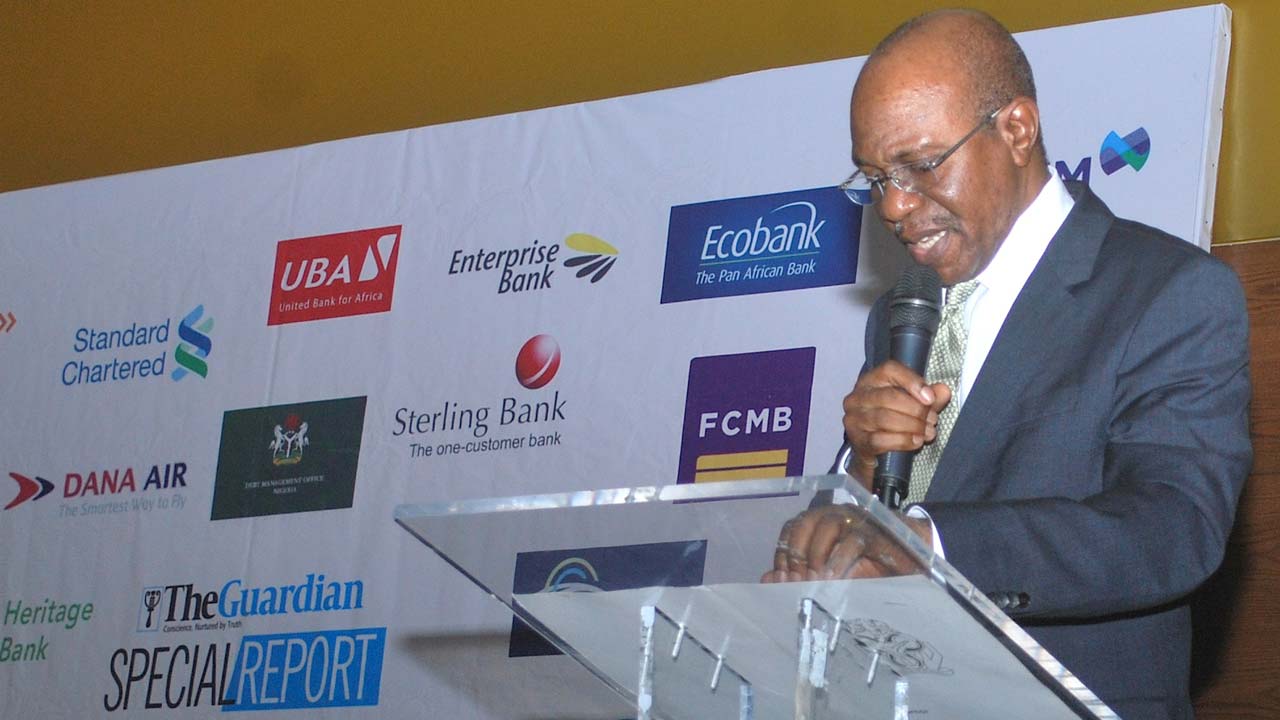Core investors in Ikeja Electric and Egbin Power Plc, Sahara Power Group has given fresh insights on the real cause of shocks, back and forth movement of targeted steady electricity supplies across the nation, saying what operators received from the Bureau of Public Enterprises (BPE) as assets leaves much to be desired.
In a recent interview with the Group Managing Director of Sahara Power Group, Mr. Kola Adesina, he said “It wasn’t as if government just called some private individuals to take all the power assets. No!,” rather, “All bidders submitted bids based on having conducted due diligence through limited site visits and assessments of the to-be privatised electricity companies”.
Otherwise, many of the new operators never knew the exact shape and conditions of what they acquired in the first instance as “access to these assets were denied by the labour union for through due diligence by interested bidders, invariably, we had to rely largely on information provided by BPE as the basis for bids to acquire the power assets”.
Adesina recalled that there is a document called the Multi-Year Tariff Order (MYTO), saying “Inherent in the document are certain principles, which ordinarily should govern the sector. The drafters of the policy, the drafters of the Act and those, who created this framework, were working with universal principles that govern the sale of electricity anywhere on planet earth. And among these principles was the fact that there would be cost recovery, financial viability, there will be signals for investments, there would be certainty and stability, there would be efficient use of the network, efficient allocation of risk for every participant in the sector, simplicity and cost effectiveness.
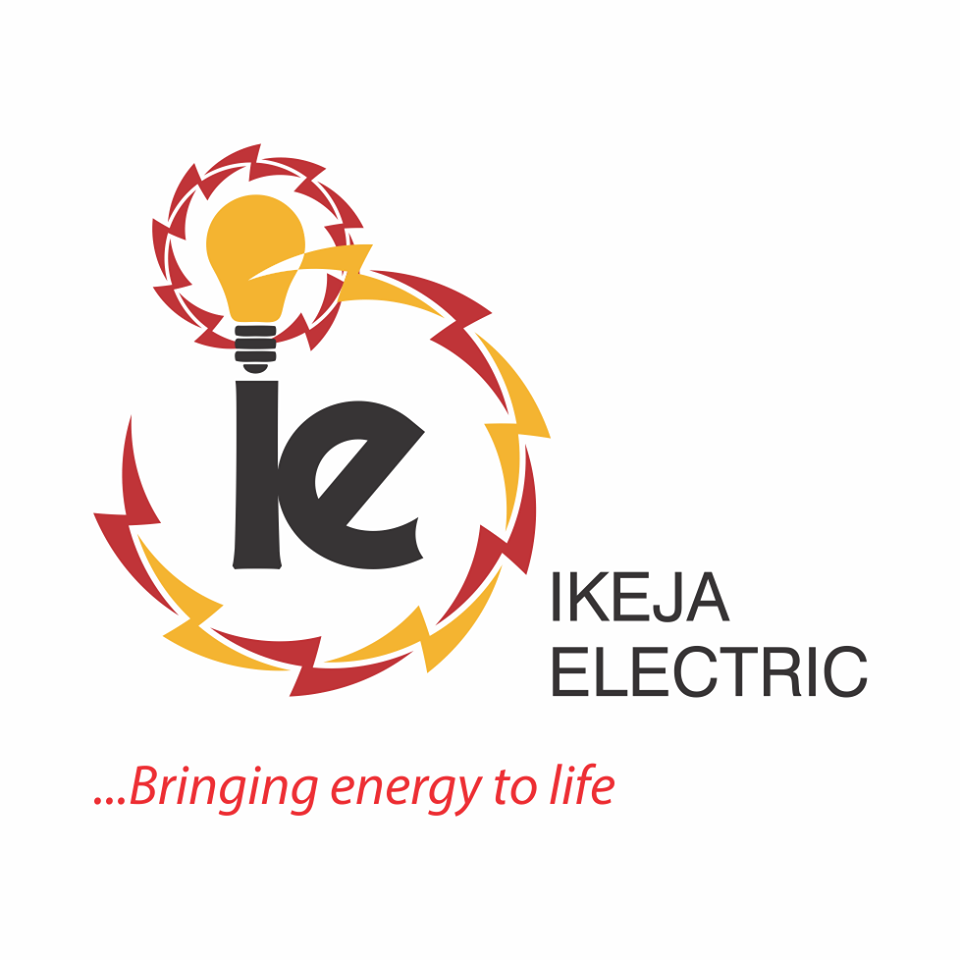 “It was expected that incentives for improving performance would be put in place by government – transparency and fairness, flexibility and robustness, and lastly social and political objectives. Invariably, we have these 10 principles embedded in the governing framework, which ultimately is the determinant of pricing and rates. These were assumptions in the document and these assumptions are basically what are universally applied for rating and pricing of electricity. Anywhere in the world you go to, these are the assumptions you will naturally find governing the rating and pricing of electricity.
“It was expected that incentives for improving performance would be put in place by government – transparency and fairness, flexibility and robustness, and lastly social and political objectives. Invariably, we have these 10 principles embedded in the governing framework, which ultimately is the determinant of pricing and rates. These were assumptions in the document and these assumptions are basically what are universally applied for rating and pricing of electricity. Anywhere in the world you go to, these are the assumptions you will naturally find governing the rating and pricing of electricity.
“So, on this basis, a model was created, and sent to the BPE and they verified the content of the model to assess the conformity of its content to their expectations and governing framework put in place. It was such that the content of the model were in line with their expectations and in conformity with the framework that has been put in place, which means we were good to go.
Continuing, Sahara Group boss noted that “These two documents put together have statement of intentions, steps, and principles leading to electricity 24/7 to Nigerians With regard to generation assets, the critical component in the evaluation criteria were – ability to upgrade and expand the power asset as well as operations and maintenance capability”.
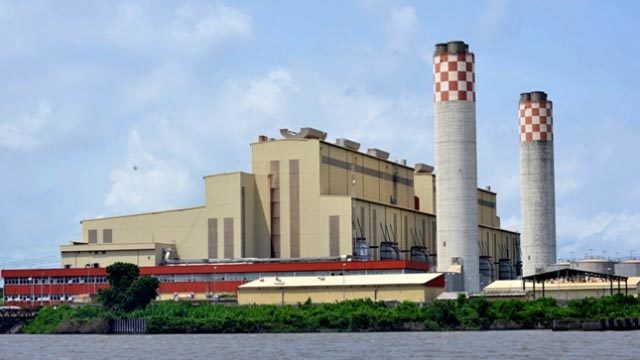
“For distribution companies, the key requirement for a successful bid was the ability to reduce aggregate Technical, Commercial and Collection (ATC&C) losses, to upgrade the network and improve availability of electricity supply to Nigerians. The selected bidders were those with the most ambitious but realistic ATC&C reduction targets. But most importantly, government was to guarantee cost recovery through appropriate pricing and/or intervention arrangement of N100 billion to address the basic question thrown by affordability of cost reflective tariff as against low average income levels.
He said “It is vital for me to state here that the economic and financial assumptions in the MYTO – which is the pricing sector model – are inflation rate, naira exchange rate, interest rate or cost debt, and the required return for the investor. It is to be noted that these assets we acquired were old, obsolete and required significant upgrading and investment

However, painting the scenario that came up after privatization, Adesina averred that “What happened post-privatisation is as follow: one, we took over November 1, 2013. And a week or so thereafter, NERC wrote a letter to all the new owners/investors introducing the Interim rule regime, as there were concerns about the liquidity of the sector and there needed to be a transitional period. This simply suspended all the contracts and performance agreements, which were signed, as well as the process list to be followed by the new owners post privatisation.
“Thereafter, we realised after gaining access to the assets that they were in worse conditions than stated in the privatisation documents provided in the BPE data-room and this invariably meant that the investment required to achieve agreed targets were significantly more than projected.
On whether operators did a proper due diligence of the assets and scenario planning, Sahara Group managing director noted that “We did undertake detailed planning for many scenarios as one would expect in such an acquisition, but the outcome was even worse than our assumed worst case scenario”.
“For instance, we did not anticipate that contracts would be suspended, the N100 billion subsidy/intervention would not be paid, generation capacity charged wouldn’t be paid at all, also the removal of fixed charge in the DISCO cost structure, we also did not anticipate the minor tariff reviews would not be carried out as at when due, and that the exchange rate would double, as well as interest rate all double. So essentially, our key cost index more than double without any corresponding change in the tariff.

